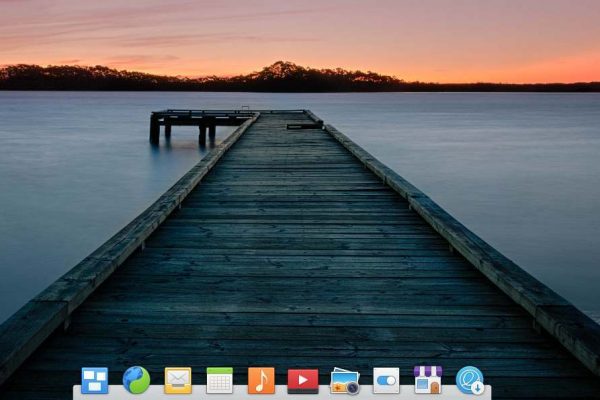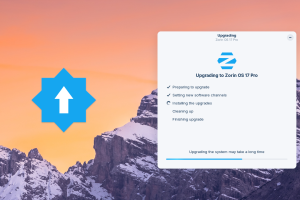It is no longer possible to ignore or deny the importance of Linux. Linux is a formidable platform. It is fast, stable, robust and safe and there are many quality applications available for various use cases. Linux has the potential to run on many more desktop computers at home and in the office than is currently the case. But a greater attraction and acceptance of Linux for normal users requires a more human face of this operating system, or a more accessible and friendly image. The lack of this human face is partly due to the still too technical and inaccessible way in which many Linux enthusiasts, Linux blogs and Linux communities, communicate about this platform. And partly it is due to the way in which the Linux world is too fragmented, in which it offers too many options. And there is still too much focus on the use of the command line to be of interest to potential new regular users. Although many good steps are already being taken and a lot of promoters are moving in the right direction, if we want Linux to be more interesting for a wider target group, there is still a lot to improve. One of the teams that are seriously concerned with increasing acceptance of the Linux platform among a wider, less tech savvy audience and people who just want to use their computer in a productive way, is the team behind the elementary OS Linux distribution. And recently the elementary team has started another important initiative in the improvement and acceptance process to make Linux more accessible for everyone, namely an AppCenter for Everyone. So let’s see what this initiative is all about.
About elementary OS
The Linux distribution elementary OS, which is based on Ubuntu, always keeps the minds busy. There are very strong opinions about this somewhat different Linux distribution, but it is undeniable that it is very popular among Linux beginners, switchers who come from the macOS platform, style and design enthusiasts, and minimalist-minded computer users who are more focused on productivity than on the underlying technology. This openness of most other Linux distros is a bit in contrast to elementary OS, as the team behind this OS kind of positively dictates strong but strict human interaction style guides, deep integration, thoughtful uniformity, deliberate simplicity, minimalism and also strong believes in the underlying pay what you like model with a platform for curated applications. You can find myself in the group of elementary OS enthusiasts, since at the end, an operating system is just a tool for me and being able to use applications in a productive and distraction free manner is more important. I care less about total freedom to be able to control and change everything in an operating system, and instead appreciate the effort of the elementary OS team to offer a very refined and distraction free operating system that ensures that you focus primarily on productive tasks.
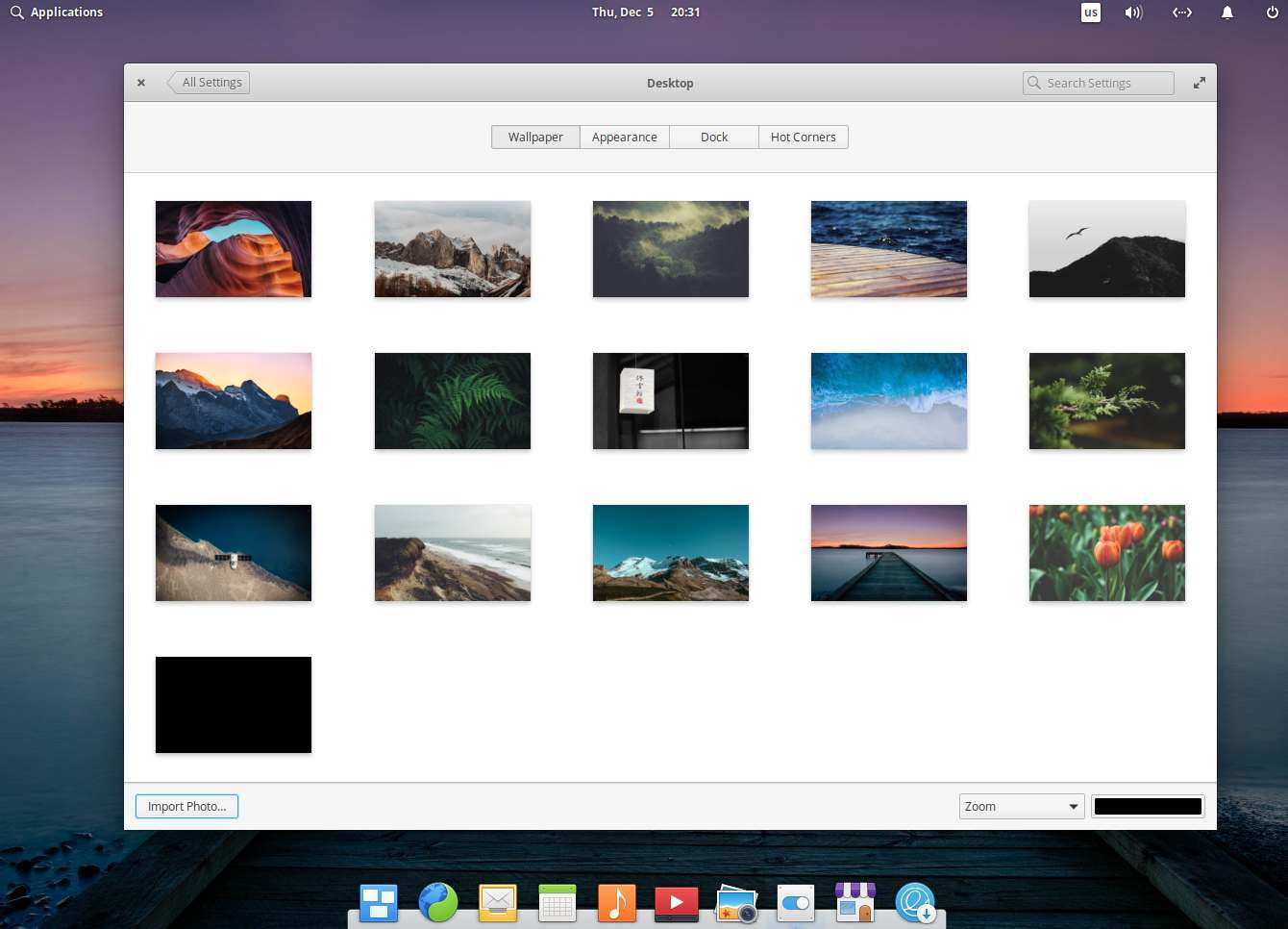
The elementary OS Linux distribution is based on the Long Term Support release of Ubuntu and therefore has a strong and stable foundation on which to build. Because of the LTS basis you do not always have the latest and greatest technical improvements, but that is not automatically a disadvantage in my opinion, because as a result you always have a stable, robust and proven operating system. Pantheon is the desktop environment of elementary OS, which by many is, and in my opinion incorrectly, seen as a copy of the Apple macOS. I think elementary OS with Pantheon is so much more and has its own unique characteristics. Of course, based on the existence of the dock and a number of color and style properties, indeed, people who only have a quick glance at this distribution, will see similarities to what Apple has to offer. But this is not what the team really wants and what they stand for. The team behind elementary OS has a very clear and unique vision of what they want to achieve with this operating system, both from a functional perspective, from their extensive style guide lines, and from their idea that also in the open source world programmers may be rewarded for their efforts.
About the AppCenter for Everyone initiative
One of the appreciated features of elementary OS is the integration of AppCenter. The AppCenter has a very important central role within the elementary OS ecosystem. This application hub, which has been specially developed for elementary OS, has, in addition to being one of the most user-friendly and beautiful app centers for Linux users, the unique feature that it offers the possibility to voluntarily pay application developers for their work. This makes it more comparable with the Apple App Store and the Google Play Store.
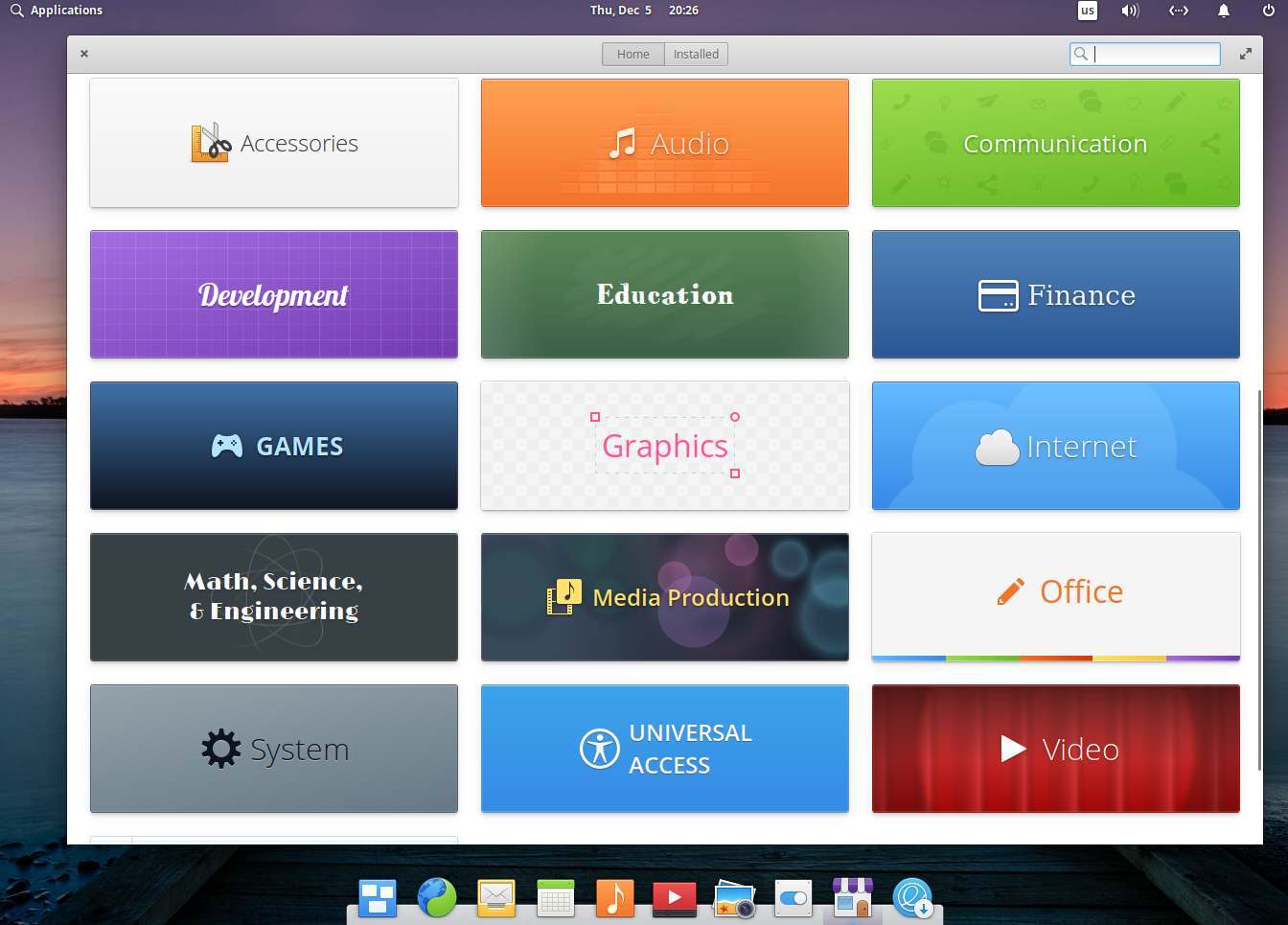
There are differing opinions about this approach within the Linux world, since not everyone agrees that you should pay for good Open Source software. But in my opinion Open Source software does not automatically have to be free. Developers spend a lot of hours to create the applications we like and if developers were to receive a small contribution per installation, then that might attract more new developers and, in addition, possibly bring applications to a higher quality level at a more accelerated pace. And that has advantages for the acceptance and promotion of Linux as a whole.
And last week on February 7th the elementary OS team introduced a new initiative: AppCenter for Everyone. Although the current AppCenter is very nice, according to the elementary team it also has some issues that could be improved in favor of the whole Linux community:
- Apps currently can potentially change your system settings, interfere with other apps, and have unwanted access.
- To publish your app in AppCenter your app needs to pass some automated tests and the elementary team also reviews the source code before accepting it for publication. This process can potentially take a long time and is also not completely reliable.
- Sometimes developers want to use modern components that are not yet available in elementary OS.
- Many developers want to bring their applications to the attention of a larger audience than elementary OS currently has. But in other Linux app stores there is no revenue model like in the elementary OS AppCenter, so they miss out on potential revenue.
- The current payment model and underlying process do not work optimally and may be demotivating for some buyers.
Together with other Linux teams the elementary OS team wants to physically meet in person for a week-long development sprint in Denver, Colorado, to discuss, design and build a completely new AppCenter from the ground up. Via the crowdfunding initiative AppCenter for Everyone the involved people try to raise some money to make this gathering possible. The developers involved believe that being together for a week can result in a solid foundation for a new AppCenter build around a new app format, being Flatpak.
The team will consist of some of the original designers and developers of AppCenter, some experienced people on integrating Flatpak and server-side automation, and some people from Endless, Flathub, and GNOME.
Benefits of the AppCenter for Everyone initiative
According to the elementary team the new approach has some important benefits:
“With AppCenter and Flatpak, apps will be installed per user and won’t require advanced permissions to download; so you won’t have to type your password anymore to get apps or their updates.”
“Apps will be restricted from accessing system or personal files and will be isolated from other apps on a technical level by default. This is sometimes referred to as “Confinement” or “Sandboxing”. By using an open standard called Portals, apps will only have access to your operating system or your personal information when you explicitly give your consent.”
“Developers who are familiar with Flatpak may know that they’ll be able to easily bundle cutting edge dependencies, so you can enjoy games developed with the latest engines.”
 Source: https://www.indiegogo.com/projects/appcenter-for-everyone#/
Source: https://www.indiegogo.com/projects/appcenter-for-everyone#/
“Flatpak’s latest features will enable us to separate the payments dialog from the AppCenter app on elementary OS. The new AppCenter Authenticator will not only power payments on elementary OS, but it will enable developers to monetize their Open Source apps on other popular Linux-based operating systems like Ubuntu and Fedora from right inside the app stores that are already available on those operating systems.”
“Plus, we’ll be working on a secure wallet to save your payment methods and enable fast, one-click purchasing.”
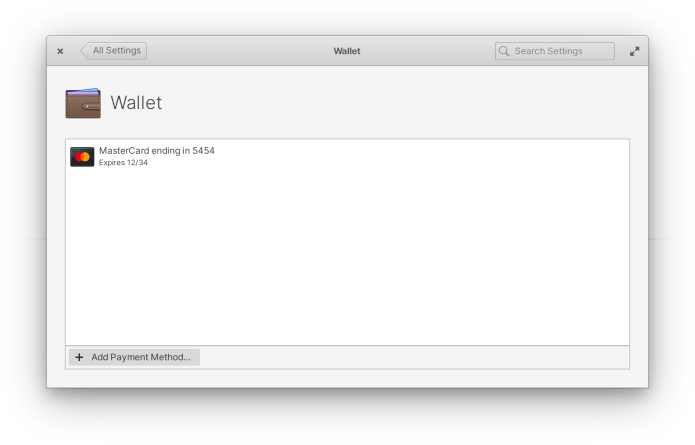 Source: https://www.indiegogo.com/projects/appcenter-for-everyone#/
Source: https://www.indiegogo.com/projects/appcenter-for-everyone#/
Here a nice video on the initiative:
How to support the AppCenter for Everyone initiative
If you think, like me, that this AppCenter for Everyone initiative, is important for the overall improvement and acceptance of Linux as a whole and also for elementary OS to put it more firmly on the map, then you should visit the AppCenter for Everyone crowdfunding page at Indiegogo.
https://www.indiegogo.com/projects/appcenter-for-everyone#/
You can support the initiative in different ways with different appreciations from the team:
- Thanks for $5 USD
- Your Name In Our Source Code for $10 USD
- Early Access for $25 USD
- Mug & Stickers for $50 USD
- Hoodie & Stickers for $100 USD
- All The Things for $130 USD
At the moment of writing they already reached the initial goal of $10,000, which is great. But all additional funds will be used for further development of elementary OS and the AppCenter.
Till next time!

